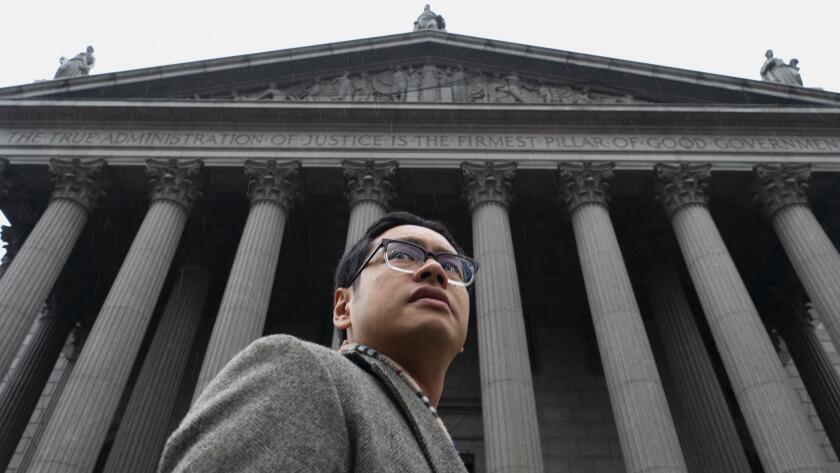In a shocking twist, people can choose who to support and follow on social media and in sport! **People are entitled to their opinions, even if offensive. ** The 1A clearly protects this. Even the ACLU, who in the past a team of mostly Jewish lawyers represented a nazi hate groups’ right to (peacefully) march and protest.
The First Amendment protects one from being prosecuted by the government (of any level) for his/her opinion. At time of this post, I am not aware of any prosecutor/ attorney general planning on filing charges against Ms. Dygert for her exercise of expression. That’s really all the First Amendment provides.
The First Amendment provides Neo-Nazis the right to demonstrate without interference from any level of government, as long as the demonstration is peaceful. The First Amendment even allows Neo-Nazis to parade down streets inhabited by populace who may feel frightened by their presence. However, the First Amendment is most certainly **not applicable **to conflicts re: free speech/expression arising between private parties (viz. any time a government entity is not involved). That you fail to grasp this means that your entire post should be dismissed outright, as it is based upon a false premise.
That said, I’ll entertain your nonsensical post. At least in the context of employment, for the overwhelming majority of U.S. workers (who are employed in an at-will basis), there are consequences for voicing opinions that one’s employers may not like.
Recall the lady in Northern VA who gave the incumbent POTUS the middle finger salute while the latter’s motorcade was driving him back to the White House. Akamai, the lady’s employer, holds a lot of federal contracts and promptly terminated her employment, upon learning that she was the person exercising her freedom of expression. The lady sued, arguing unequal treatment; her job at Akamai, by coincidence, entailed handling social media posting of Akamai employees, and there were instances where people who posted worse were allowed to keep their jobs as long as they deleted the posts in question. The judge disagreed, because she was an at-will employee** and because the VA statute does not list free speech/expression as an activity for which one cannot be fired**; thus, the judge ruled that her employer may terminate her position, because it was not for one of the legally-forbidden reasons (e.g. reason related protected categories or for whistle-blowing), even if her employer was not consistent in determining what rises to an offense worthy of termination.
This aforementioned scenario is completely legal, and in view of that, unless the basis of Ms. Dygert’s contract is not at-will, she actually got off light, b/c there is little employment protection for the vast majority of workers in the U.S (the cynical side of me thinks that the sponsors would still prefer someone who wins races).
